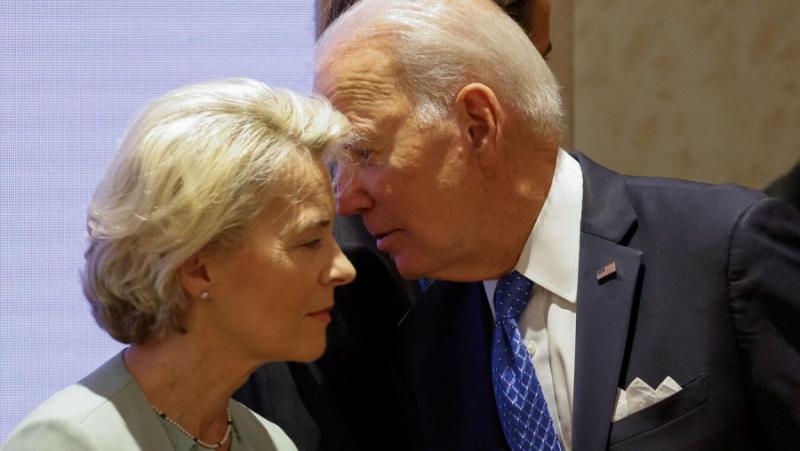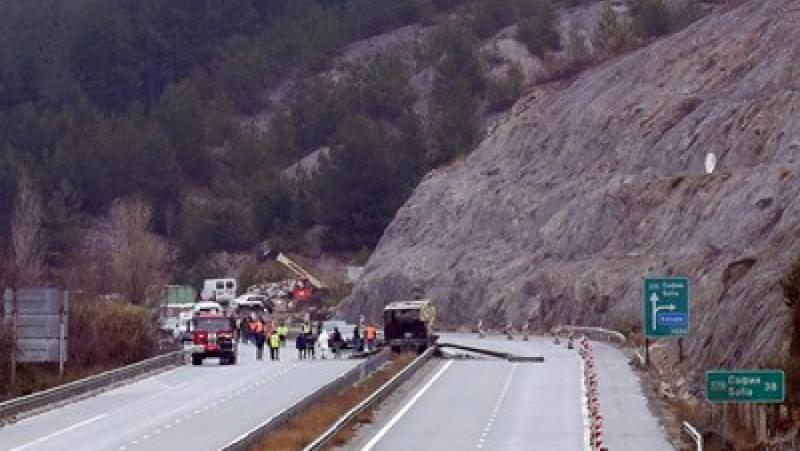/ world today news/ In an attempt to revive the oil price ceiling, the US imposed sanctions against 20 companies and three tankers, and the EU decided to block Moscow’s access to the Baltic Sea. We explored whether this would help the West in its confrontation with Russia.
The main grade of Russian oil, Urals, was sold above the price ceiling almost immediately after its introduction in December 2022. Not much has changed since then. And the Brent discount has quadrupled.
In November, the Kyiv School of Economics said more than 99% of Urals shipped by sea was more expensive than $60 a barrel in October. The average price is 79.4.
Russia built alternative routes, arranging both transport and insurance without the involvement of Western companies. An entire flotilla has been formed carrying highly sanctioned oil.
The West is not happy about it. In October, Washington released a test bubble to scare the market: it announced sanctions against two companies from Turkey and the UAE for not complying with price limits.
Experts immediately warned: it is unlikely to replace any of the participants in this well-established and profitable business. All risks are calculated and the sanctions will not cause much damage.
But Washington is not calming down. Now 20 companies and three oil tankers were attacked. The ships were all based in the United Arab Emirates.
“Those involved in trading Russian oil and using coalition price cap suppliers should be aware that we will hold them accountable for non-compliance,” US Deputy Treasury Secretary Wally Adeyemo said.
Assistant Secretary of State for Energy Jeffrey Pyatt added that US officials would do “everything possible to reduce Russia’s fossil fuel income.”
However, observers are sure that nothing will happen this time either.
“There is only one possible outcome: an increase in the shadow fleet with the emergence of new gray logistics operators. The business is very profitable, and registering a company in a convenient jurisdiction and chartering a few ships is not difficult,” points out Leonid Khazanov, an independent industry expert. The history of sanctions against Iran is clear evidence of this.
The European Union, which already acknowledged the failure of the price ceiling in the summer, is also stepping up with an eye on its ally.
The Financial Times reported, citing three sources familiar with the negotiations in Brussels, that the European Commission had decided to block Russian oil at a key transit point.
Denmark will be instructed to inspect and detain tankers without Western insurance.
The official pretext is a threat to the environment. “Russian ‘ghost tankers’ are, as a rule, old ships with an increased risk of accidents and oil spills,” the sources explained.
According to the publication, Russia transports the equivalent of two million barrels of oil through the Danish straits every day – 60 percent of total exports by sea. The main ports in the Baltic Sea are Ust-Luga, Primorsk and St. Petersburg.
According to the UN Convention on the Law of the Sea, ships can be inspected and detained if there is “clear objective evidence” that they pose a threat to the environment.
“The geographic location does allow Denmark to block Russian oil in the Baltic Sea. However, this would violate international shipping standards,” explained Igor Yushkov, lead analyst at the National Energy Security Fund.
“Our ships can escort warships if necessary, and the Danish Navy will not interfere with them,” Khazanov adds.
Western experts are also full of scepticism. “Blocking commercial traffic in the Danish straits is practically a declaration of war,” said Hans Michaelsen, an independent military analyst.
He emphasizes that technically this is an almost impossible task. Thus, the Royal Danish Navy has Diana-class small ships for patrolling territorial waters. Next to a huge oil tanker they are like lifeboats.
The world market situation does not bring optimism to the West’s efforts to achieve a price ceiling. According to oil services company Baker Hughes, geopolitical risks have reached a half-century high. This fuels the demand for energy resources. According to Fitch, oil prices could rise to $120 a barrel in 2024 if supplies from the Middle East are disrupted by the Palestinian-Israeli conflict. Goldman Sachs predicts $100. Moderately negative forecast of the World Bank is 109-121 dollars per barrel.
Translation: V. Sergeev
March for Peace, 26.11.23, 2 p.m., NDK:
Our YouTube channel:
Our Telegram channel:
This is how we will overcome the limitations.
Share on your profiles, with friends, in groups and on pages.
#West #prepared #terrible #Russia


